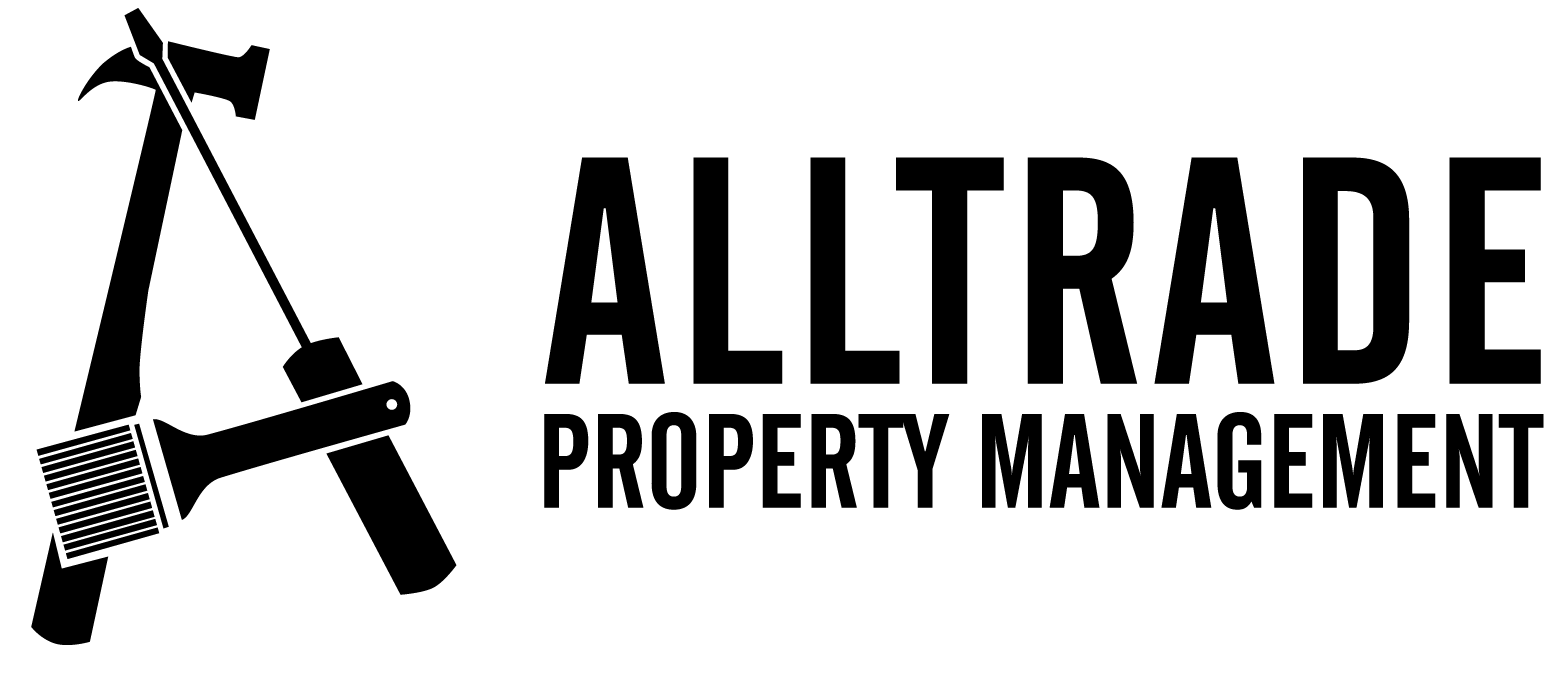How to Know if Your Rental Meets Safety Standards
Rental safety is one of the crucial topics to learn as a new landlord. Accidents can occur but it’s best to spare serious time in preparing your rental to safeguard your tenants. Address potential issues before they spiral out of control. It can also help you avoid tenant complaints.
Older rental homes tend to require more care. You need to review its structural integrity and frequent inspections of the HVAC systems must be applied. What’s more, wear and tear can have a substantial effect on your property’s flooring, roof, and appliances.
Evaluate both the interior and exterior of your home. Can it withstand an unexpected storm? Can it survive flooding? This post will cover important information regarding the safety standards of your rental property.
Importance of Meeting Safety Standards
Damages inside your property can be costly. However, the biggest disadvantage of having an unsafe rental is losing a renter’s trust. You want to continue attracting tenants to rent for the long term. This maximizes your investment returns so it’s vital to pay attention to rental safety standards.
This also eliminates stress and saves you from a potential lawsuit. Remain a responsive landlord, practice being proactive, and perform regular property inspections. If maintenance requests are made by tenants, address them right away.
With a well-maintained rental that’s fully compliant with safety standards, the property value increases over time.

Here are areas of a rental property to focus on when it comes to safety:
Door and Window Security
As main access points, your doors and windows should be secure. Intruders must be discouraged from trying to enter the unit. Ask yourself the following:
- Are the doors solid and made of hollow material?
- Did you install peepholes and strong bolts?
- Does the window have durable latches and tempered glass?
- Are your door locks secure and hinges strong?
Make it hard for trespassers to enter your home by choosing sturdy locks for your doors and windows. You can’t compromise on safety so if you spot issue schedule repairs right away.
Tenants living inside the unit must also be protected in case there’s an emergency. They must be able to access the doors and windows. Fixing damaged locks is of utmost importance. Also, ensure that there are no large barriers blocking the way.
Flooring, Walls and Ceilings
Observe the condition of the main parts of the house. It’s best to detect the early signs of damage before it can present danger to the occupants of the rental.
Ask yourself these questions:
- Is the flooring made of non-slip material?
- Do your tiles have cracks?
- Are the walls smooth or do they show large cracks?
- Does the wall contain mold or show peeling paint?
- Does the floor appear to slope?

High quality materials should be used in your interiors. Otherwise, the integrity of your structure can weaken. This can lead to more accidents endangering the tenants. You should also remedy leaks to protect your ceilings, walls, and floors.
Electrical Maintenance
Proper electrical inspections must be carried out. Remain up-to-date on regulations when it comes to electrical systems.
Ask yourself these questions:
- Are the circuits overloaded?
- Are the electrical appliances used properly?
- Is there faulty wiring that needs to be fixed?
- Can an old electrical system manage the current usage of the unit?
- Is there proper insulation material for the electrical wires?
To avoid the risk of electrocution, it’s best to schedule an inspection with a licensed electrician. They can recommend safe materials for your wiring, sockets and outlets. Older properties need to be inspected more to meet safety standards. Replace damaged cords, avoid power overload and keep a fire extinguisher nearby.
Rentals Plumbing System
Plumbing issues can be a source of stress. To avoid this, take time for periodic plumbing inspections. Your pipes must be made of durable material. Otherwise, flooding may occur from leaks.
Ask yourself these questions:
- Is there a mold issue near the pipes?
- Is there a smell emanating from pipes?
- Are there minor leaks that need to be repaired?
- Are the gutters clean?
- Are the drainage systems working properly?

Damages resulting from plumbing problems can be costly. It’s best to be aware of the signs that indicate issues with the plumbing system. Being aware means resolving the situation right away and providing a habitable home to the renters.
Evaluate the Safety of Appliances
As household appliances are used every day, they should be well-maintained. Replace broken ones for energy efficiency. Wear and tear can also affect the functionality of an appliance. It’s best to arrange for repairs or purchase a new unit.
Ask yourself these questions:
- Are the electrical cords damaged?
- Is the appliance still performing in top condition?
- What is the life expectancy of the appliance?
- Is there sufficient space around the appliance?
It’s always best to opt for the best qualities appliances even if they’re more costly as they will save you money in the long run. High quality items tend to last longer. What’s more, less maintenance is also needed to keep it working in its optimal state.
Bottom line
Safety standards should be implemented. Not only will you be protecting your home and tenants, you’re also protecting your income by strictly following the standards. Check what’s in your control and ensure that your rental adheres to the safety standards meant to promote security.
Having a safety-conscious mindset also helps you gain peace of mind knowing that you prioritized the essential safety of every renter. If you would like help managing and maintaining your rentals contact the experts at Alltrade Property Management today!
